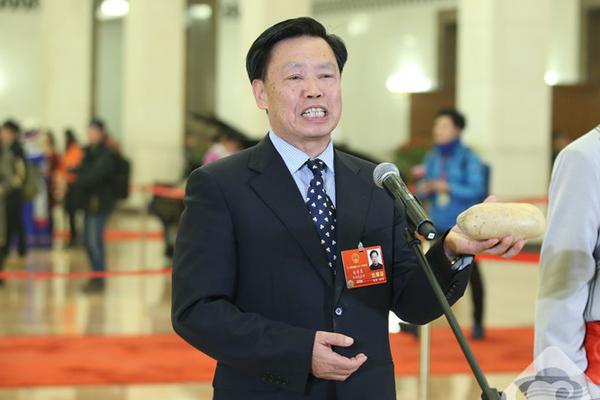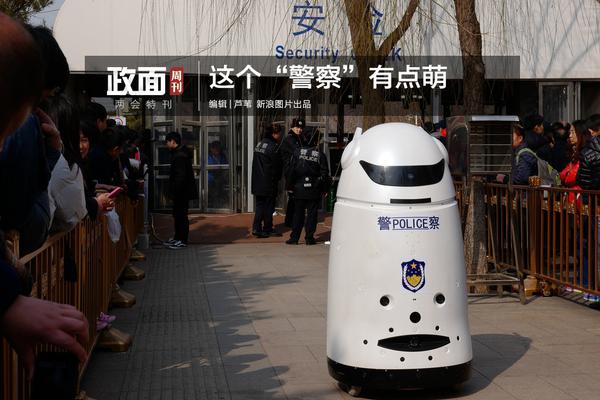
Short-term memory, long-term memory. Cognitive psychology regards memory as the process of coding, storing and extracting input information by the human brain. Memory is divided into three systems: instantaneous memory, short-term memory and long-term memory, which is based on the different ways of encoding, storing and extracting information, as well as the different length of information storage time.
What are the three memory systems: memory is also regarded as the process of the human brain encoding, storing and extracting input information, and according to the different ways of coding, storing and extracting information, as well as the different length of information storage time, memory is divided into instantaneous memory, short-term memory and long-term memory. A system.
What are the three memory systems? According to the different ways of encoding, storing and extracting information, and the different length of information storage time, memory is divided into three systems: instantaneous memory, short-term memory and long-term memory.
The three stages of memory are sensory memory, short-term memory and long-term memory. Sensory memory: Sensory memory refers to the information we receive through various sensory organs, such as vision, hearing, touch, taste and smell.
What are the three memory systems? According to the different ways of coding, storage and extraction of information, and the different length of information storage time, memory is divided into instantaneous memory, short-term memory and long-term memory. Remember the three systems.
The coding method of instantaneous memory, that is, the way instantaneous memory remembers information, is the image of external stimuli. Because the information of instantaneous memory is first registered in the sensory channel in the form of sensory images, instantaneous memory has a distinct image. The capacity of instantaneous memory is large, but the retention time is very short.
Perception is the cognitive process of giving meaning through information. ( 2) Working memory. It is the memory of processing and encoding information in the human brain within a minute. The holding time is about 5 seconds to 1 minute. Short-term memory also includes direct memory and working memory.

Weber's score), which is only applicable to medium-intensity stimuli, which is different from the Weber's score of sensory organs (2) Fechner's Law: 1860, using the differential threshold as the unit of sensation, a stimulus was measured. The difference threshold contained is believed to be the psychological intensity caused by this stimulus.
The concept of memory is the psychological process of accumulating, preserving and extracting individual experience in the mind.From storing into the brain to extracting and applying again, this complete process is collectively called memory.
Long-term memory refers to the memory maintained for more than a minute after external stimuli appear in a very short time. Features: The capacity of memory is unlimited, whether it is the type or quantity of information. Coding Semantic coding: Use words to process information and organize coding according to the meaning of the material.
Memory and memory process Definition: It is the reaction of past experience in the mind. Past experience refers to the perception of things, thinking about problems, the emotional experience caused by things, and the actions that have been carried out in the past. Function: It is the root of wisdom and the cornerstone of psychological development.
Binance download iOS-APP, download it now, new users will receive a novice gift pack.
Short-term memory, long-term memory. Cognitive psychology regards memory as the process of coding, storing and extracting input information by the human brain. Memory is divided into three systems: instantaneous memory, short-term memory and long-term memory, which is based on the different ways of encoding, storing and extracting information, as well as the different length of information storage time.
What are the three memory systems: memory is also regarded as the process of the human brain encoding, storing and extracting input information, and according to the different ways of coding, storing and extracting information, as well as the different length of information storage time, memory is divided into instantaneous memory, short-term memory and long-term memory. A system.
What are the three memory systems? According to the different ways of encoding, storing and extracting information, and the different length of information storage time, memory is divided into three systems: instantaneous memory, short-term memory and long-term memory.
The three stages of memory are sensory memory, short-term memory and long-term memory. Sensory memory: Sensory memory refers to the information we receive through various sensory organs, such as vision, hearing, touch, taste and smell.
What are the three memory systems? According to the different ways of coding, storage and extraction of information, and the different length of information storage time, memory is divided into instantaneous memory, short-term memory and long-term memory. Remember the three systems.
The coding method of instantaneous memory, that is, the way instantaneous memory remembers information, is the image of external stimuli. Because the information of instantaneous memory is first registered in the sensory channel in the form of sensory images, instantaneous memory has a distinct image. The capacity of instantaneous memory is large, but the retention time is very short.
Perception is the cognitive process of giving meaning through information. ( 2) Working memory. It is the memory of processing and encoding information in the human brain within a minute. The holding time is about 5 seconds to 1 minute. Short-term memory also includes direct memory and working memory.

Weber's score), which is only applicable to medium-intensity stimuli, which is different from the Weber's score of sensory organs (2) Fechner's Law: 1860, using the differential threshold as the unit of sensation, a stimulus was measured. The difference threshold contained is believed to be the psychological intensity caused by this stimulus.
The concept of memory is the psychological process of accumulating, preserving and extracting individual experience in the mind.From storing into the brain to extracting and applying again, this complete process is collectively called memory.
Long-term memory refers to the memory maintained for more than a minute after external stimuli appear in a very short time. Features: The capacity of memory is unlimited, whether it is the type or quantity of information. Coding Semantic coding: Use words to process information and organize coding according to the meaning of the material.
Memory and memory process Definition: It is the reaction of past experience in the mind. Past experience refers to the perception of things, thinking about problems, the emotional experience caused by things, and the actions that have been carried out in the past. Function: It is the root of wisdom and the cornerstone of psychological development.
 Binance APK
Binance APK
632.54MB
Check Binance app
Binance app
279.55MB
Check Binance login
Binance login
635.79MB
Check OKX Wallet to exchange
OKX Wallet to exchange
585.53MB
Check OKX Wallet app
OKX Wallet app
781.44MB
Check OKX Wallet extension
OKX Wallet extension
822.82MB
Check Binance Download for PC Windows 10
Binance Download for PC Windows 10
596.16MB
Check Binance US
Binance US
797.97MB
Check Binance US
Binance US
461.63MB
Check Binance app download Play Store
Binance app download Play Store
248.32MB
Check OKX Wallet app
OKX Wallet app
286.92MB
Check Binance app
Binance app
688.51MB
Check Binance download iOS
Binance download iOS
949.99MB
Check OKX Wallet apk download latest version
OKX Wallet apk download latest version
334.23MB
Check OKX Wallet apk download latest version
OKX Wallet apk download latest version
853.54MB
Check Binance download
Binance download
398.54MB
Check Binance download
Binance download
277.87MB
Check Binance download Android
Binance download Android
437.65MB
Check OKX Wallet login
OKX Wallet login
238.36MB
Check Binance download
Binance download
478.84MB
Check OKX Wallet Sign up
OKX Wallet Sign up
155.82MB
Check OKX app
OKX app
859.92MB
Check OKX download
OKX download
451.91MB
Check OKX app
OKX app
751.36MB
Check Binance Download for PC
Binance Download for PC
789.64MB
Check Binance download iOS
Binance download iOS
326.24MB
Check Binance Download for PC Windows 10
Binance Download for PC Windows 10
738.44MB
Check Okx app download
Okx app download
846.68MB
Check Binance wallet
Binance wallet
466.28MB
Check OKX download
OKX download
919.98MB
Check OKX Wallet Sign up
OKX Wallet Sign up
169.25MB
Check Binance app
Binance app
758.55MB
Check Binance wikipedia
Binance wikipedia
174.46MB
Check Binance download Android
Binance download Android
645.57MB
Check OKX Wallet app
OKX Wallet app
364.32MB
Check Binance download
Binance download
618.38MB
Check
Scan to install
Binance download iOS to discover more
Netizen comments More
2579 挥金如土网
2025-01-10 18:12 recommend
2509 曲不离口网
2025-01-10 17:16 recommend
2609 提要钩玄网
2025-01-10 17:10 recommend
2585 雨沾云惹网
2025-01-10 16:06 recommend
773 弓折刀尽网
2025-01-10 15:54 recommend